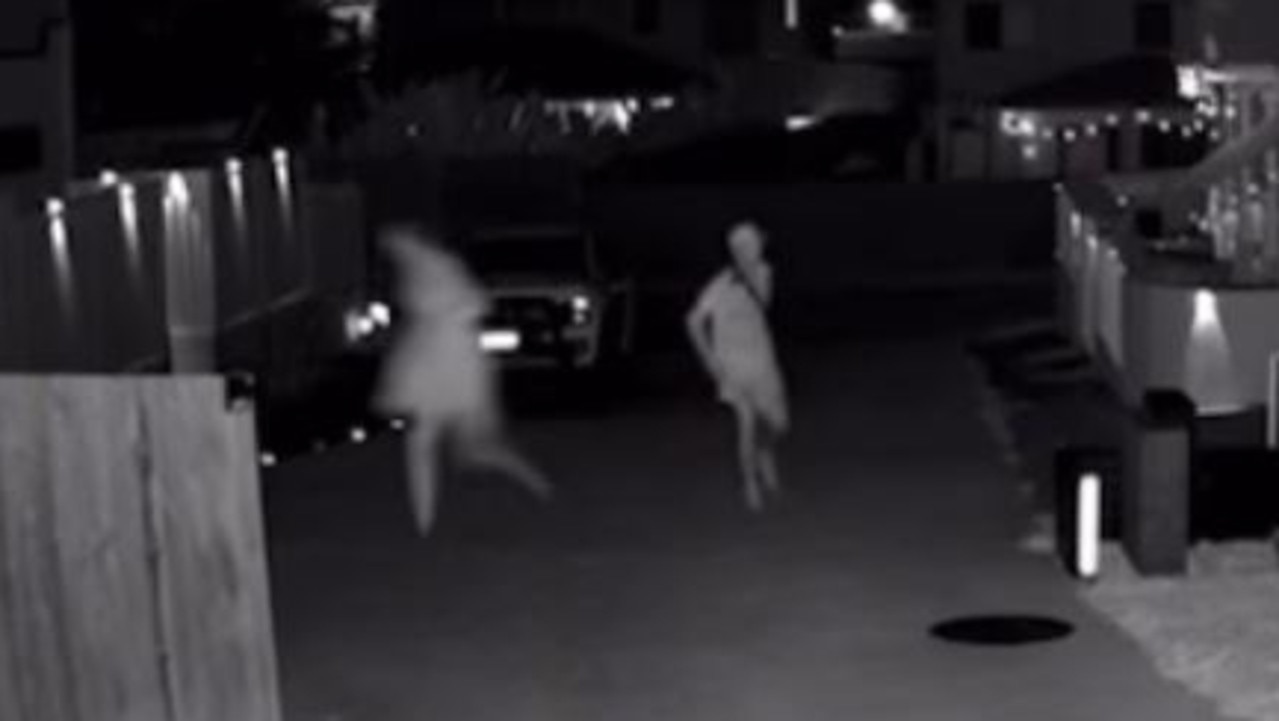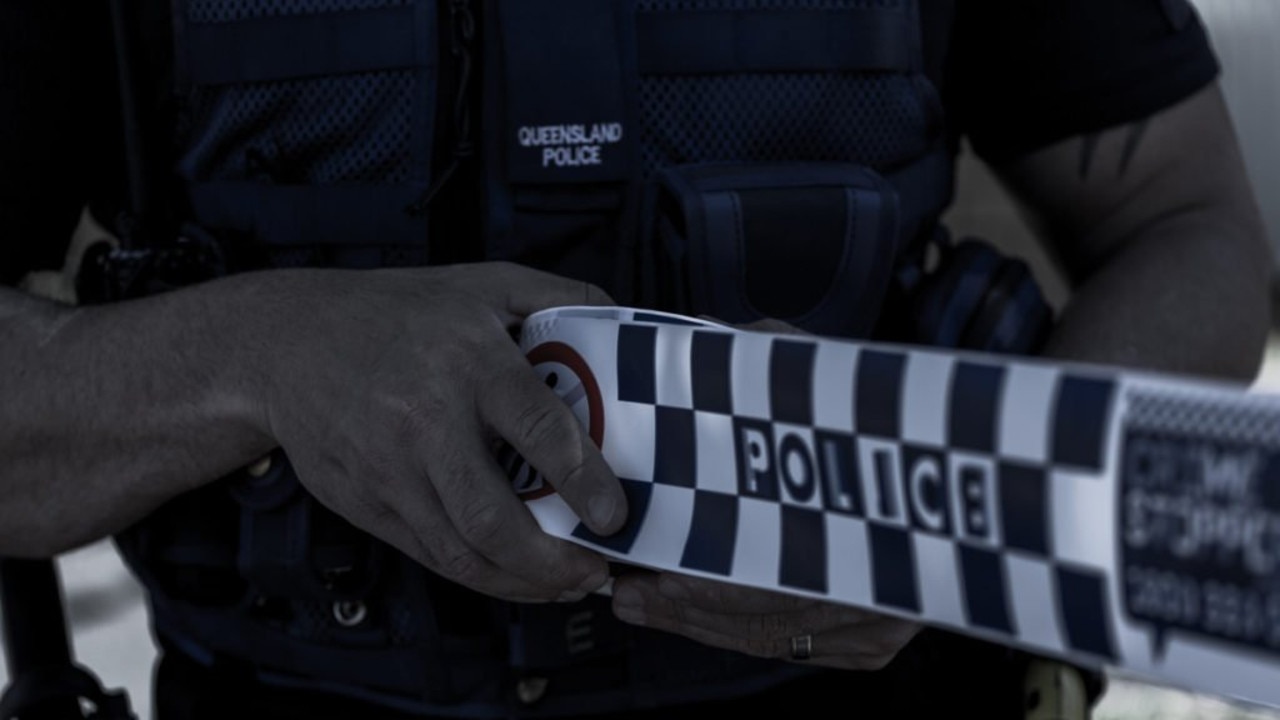How Queenslanders are using Facebook groups to tackle youth crime
Queenslanders are using Facebook groups to fight back against juvenile criminals terrorising suburbs.
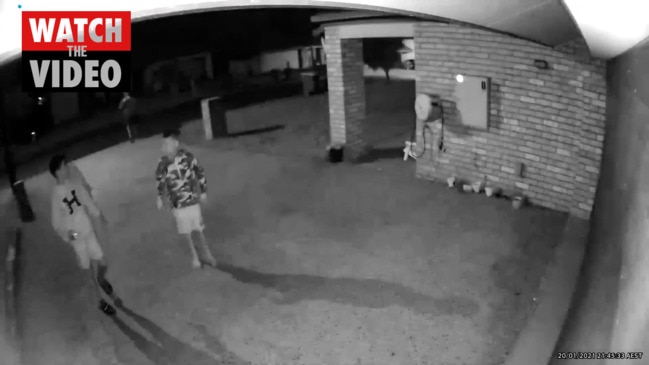
Police & Courts
Don't miss out on the headlines from Police & Courts. Followed categories will be added to My News.
Criminals caught on camera are being outed on social media, as Queenslanders turn to community watch groups to warn their neighbours and report crimes.
From sharing home surveillance videos to posting pictures and descriptions of stolen possessions – homeowners are using their experiences to warn others in the community.
But experts are urging victims not to forget to report crimes to police, amid fears some crimes posted about on social media are going unreported.
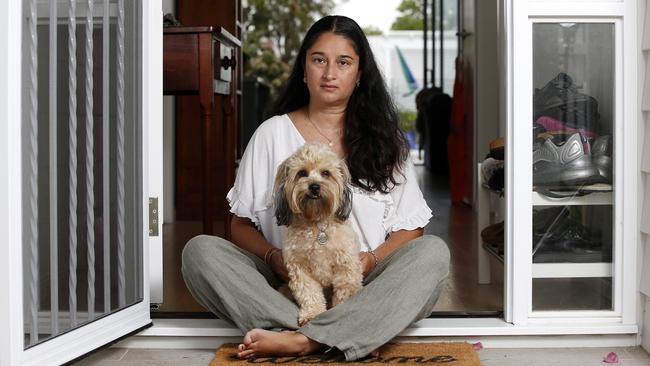
Wavell Heights mum, Sharon – who wishes to keep her surname anonymous – created a neighbourhood watch community page after she fell victim to burglars in December 2019.
She suspects her dog, Chewie, was baited by the offenders days before her Mitsubishi Outlander, iPhone and handbag were stolen from her home, which she had just moved into that week.
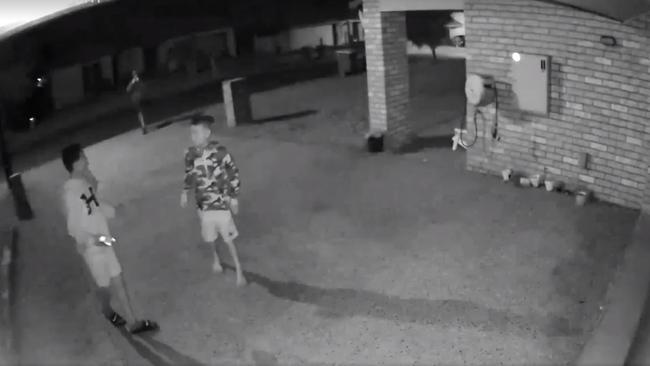
The vehicle was found over a month later, and no charges were made.
“I think (youth crime) is completely out of control,” she told The Courier-Mail.
“After our robbery we felt so violated – especially since we were all home sleeping … my youngest was five at the time and couldn’t sleep and had nightmares for ages.”
Sharon said she was “so horrified” after her home was robbed she created a local community group where others can report crimes in Wavell Heights.
“Hopefully this virtual community group can bring back a sense of looking out for each other and just more awareness of what steps to take to avoid being ‘easy targets’,” she said.
Dr Terry Goldsworthy, Bond University Associate Professor Criminology, said the more evidence victims of crime can provide the police, the better.
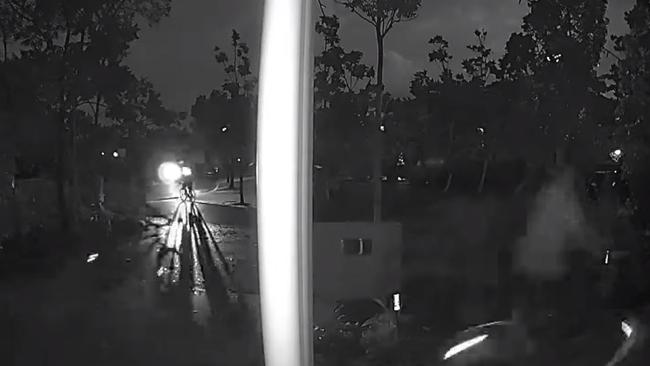
“I think the easier you can make it for the police to identify the offender, and to charge or apprehend them, the better off you’re going to be in getting some action taken,” he said.
Dr Renee Zahnow, Criminologist from the University of Queensland, said there were positives and negatives around reporting crimes on social media.
“Recently there has been an increase in the number of localised community pages dedicated to noting crimes and disturbances in the local area. This has a number of benefits such as increasing awareness in the community and enabling other residents to take greater precautions,” she said.
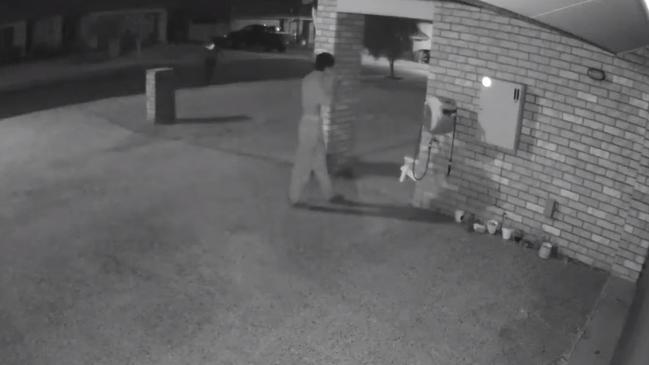
“It also sends a signal to would-be offenders that the members of the community are vigilant guardians and will be on the lookout. This can act as a deterrent. Community web pages can also help to increase social ties, sense of community and social cohesion.
“However, there is also the possibility that residents may report online in lieu of reporting to the police. This is problematic as police cannot respond to incidents or crime problems if they are not reported.”
A spokesperson from the Queensland Police Service urged members of the public to report all criminal matters via Policelink or by calling Crime Stoppers on 1800 333 000, or triple-0 in emergency situations.
“If someone believes they have witnessed suspicious activity on a social media platform, they are urged to contact police directly,” the spokesperson said.
“Public social media content can assist police with investigations; however, this content must be sent to police via the appropriate channels.
“Anyone who believes they have captured suspicious activity on CCTV should
provide this footage to police via Policelink.”



